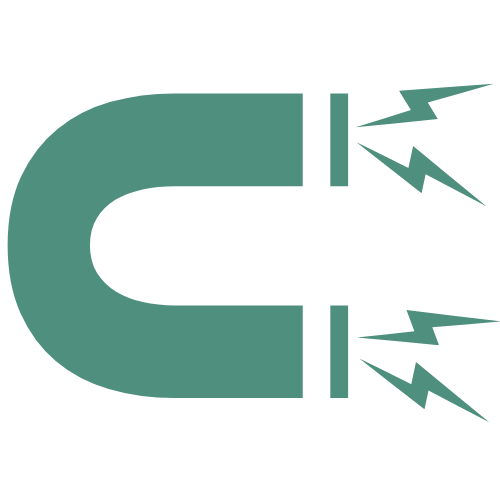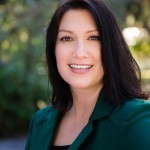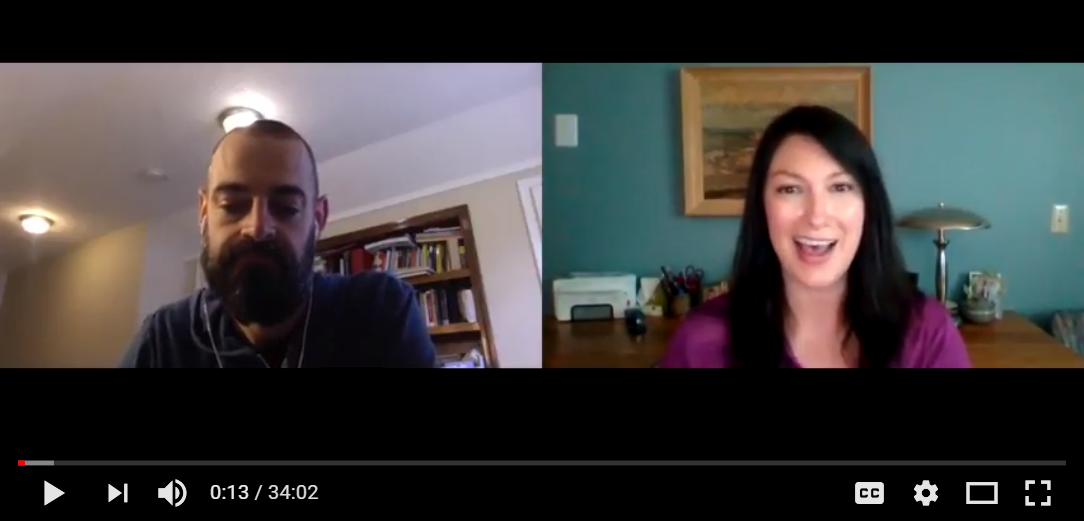My interview with Adam Hayden was one of the most inspiring and uplifting conversations of my life. You might not expect such a response when talking with someone who is diagnosed with glioblastoma, an aggressive brain tumor, but Adam is generous, vulnerable, crazy smart, funny, and brave. I can’t wait to share him with you.
When we connected a few weeks ago, we didn’t speak of Senator John McCain’s glioblastoma, or of Adam’s open letter to Senator McCain, written upon the congressman’s diagnosis. I didn’t foresee that today’s planned publish date for our interview would fall days after the senator’s passing. It feels right to me, and I hope to you, to share Adam’s story of living well along with his recent post about Senator McCain: Living Well until the End.
Philosopher living well with brain cancer: meet Adam Hayden
Below you’ll find an outline of the answers Adam provided prior to the interview (not a transcript).
What kind of work did you do before you felt called to new work?
Nearly ten years in learning & development, designing, developing, and delivering training materials for a Fortune 500 and later a smaller contract-based firm.
Was your prior work fulfilling? Did you excel at it?
I’ve always had a knack for facilitating conversations, and I have used these communication skills to lead training development and organizational change. Yes, I’ve had success with this work.
What is your current work?
I still develop training on a part-time basis, but my “work” these days includes freelance writing, blogging, and speaking (both public and academic) on themes germane to cancer survivorship, medical education, and philosophy.
What occurred that made you change course?
I was diagnosed with an advanced brain cancer, glioblastoma (GBM). This is an incurable brain cancer with a very grim prognosis.
What are/were you called to say or do?
I’m motivated to speak on behalf of those who cannot speak for themselves. I am also uniquely positioned to put my formal training in philosophy in service to others.
What actions did you take to shift into this new work? What did you let go of?
My wife and I made many financial sacrifices, some because of my disability after surgery and brain cancer treatment. I work a very limited schedule to pour most of my energy into cancer education and advocacy.
How do you define success? Where are you in relation to your definition?
I would want to say something like, success is contingent on the activity. To some extent I’d say we should resist compartmentalizing our lives into family, professional, personal, etc, but I think it is fair to say professional success may look quite different from personal success. If I think about success as an aim or objective, I’d say my aim is to leave a lasting legacy of work–written and recorded lectures–that allow others to follow the steps I’ve taken to accept a life-limiting diagnosis, and to accept it with vulnerability.
What now wants to come through you and your work?
Better informed medical professionals, cancer patients, and their care partners.
What legacy to you want to leave?
(Funny, I spoke to legacy in a previous prompt before getting to this question). My legacy is one of vulnerability to teach my kids and others that emotions and honesty are keys to embracing transformational change.
What advice would you give for someone who isn’t sure of her purpose?
I don’t often think about things in so far as “purpose,” but as a knee jerk, I’d say this: Finding purpose is like jumping into the second act of a play. All this stuff happened in the first act, before you were sure of where everything is headed. The future is yet unknown to the actors, so finding purpose is building on past experience to prepare yourself for the future, using the knowledge you have in the present tense.
Adam’s blog: www.glioblastology.com
Twitter: @adamhayden
A recent article Adam wrote for magazine Cancer Today on communicating with kids about cancer: Being Candid about Cancer
Information about the Answer Cancer Foundation Brain Tumor Virtual Support Group mentioned during the call: https://www.ancan.org/brain-tumors
Open letter to Senator John McCain, July 26, 2017
Senator McCain: Living Well until the End, August 26, 2018


